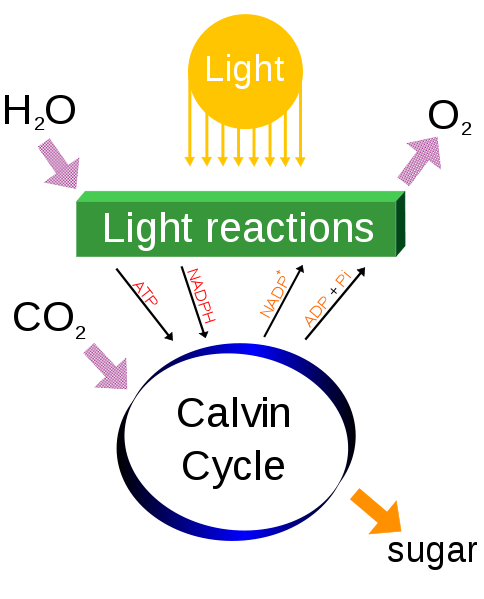Nutrition
Brunfelsia
grandiflora is a photosynthetic plant.
This means that it is autotrophic (self feeding) and uses the process of
photosynthesis. It takes in
sunlight via chloroplasts and carbon dioxide and produces glucose, its food.
Any excess food is stored in the roots as starch. The food produced and
water absorbed via the roots is transported throughout the plant via the
xylem and wastes are
transported via the phloem.
and produces glucose, its food.
Any excess food is stored in the roots as starch. The food produced and
water absorbed via the roots is transported throughout the plant via the
xylem and wastes are
transported via the phloem.
In addition to photosynthesis,
B. grandiflora has a mutualistic relationship with arbuscular
endomycorrhizae of the glomeromycota. The fungus
grows in association with the plant's roots. It actually penetrates the
roots and grows within. The hyphae form arbuscules that look like tiny
trees, which is what arbuscule means. The fungus can't photosynthesize, but
B. grandiflora can and likewise, B. grandiflora can't break
nitrogen down into a usable form, but the fungus can. So, out of this
relationship, the
So, out of this
relationship, the
fungus benefits from the food produced by the plant
and the plant benefits from the fungus's ability to fix nitrogen.
Go to Contact Me or if you desire, return to the Home page.
